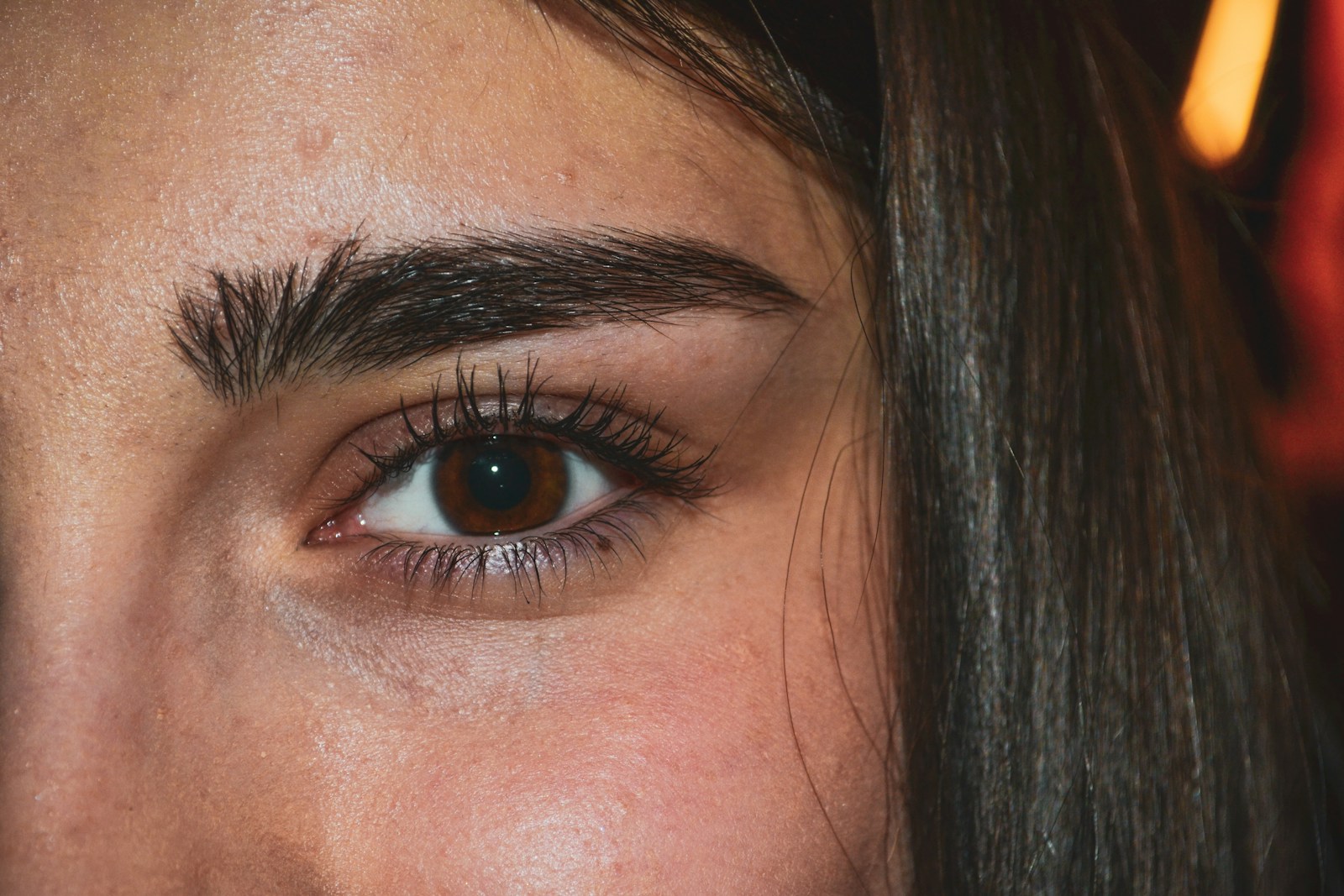
眉毛
méimáo

eyebrow
The Chinese word '眉毛' (méimáo) refers to the hair that grows above the eyes on the forehead. It is an important feature of the face that can express emotions and play a role in facial recognition. In Chinese culture, the shape and grooming of eyebrows can be associated with beauty and personal expression.
Example sentences using: 眉毛
她的眉毛很漂亮。
tā de méimáo hěn piàoliang.

Her eyebrows are very beautiful.
This phrase compliments someone's eyebrows, suggesting that they are attractive. It can be used in a conversational context to express admiration for someone's appearance.
他修剪了眉毛。
tā xiūjiǎnle méimáo.

He trimmed his eyebrows.
This phrase describes an action where someone has groomed or shaped their eyebrows. It could be relevant in a discussion about personal grooming or beauty routines.
我的眉毛太浓了。
wǒ de méimáo tài nóngle.

My eyebrows are too thick.
This phrase expresses a personal opinion about the thickness of one's eyebrows. It can reflect a concern about beauty standards or individual preferences regarding eyebrow grooming.